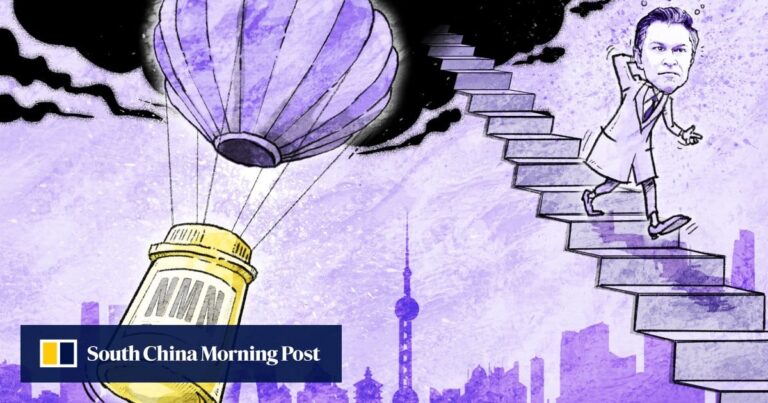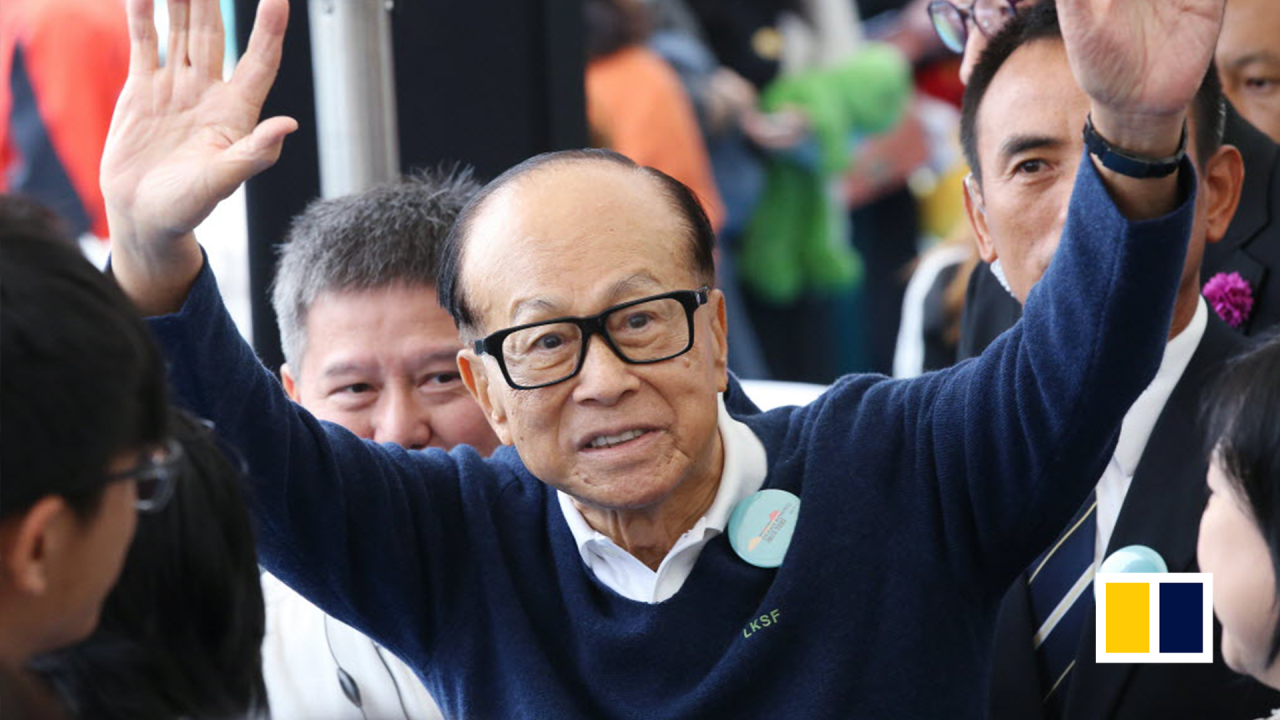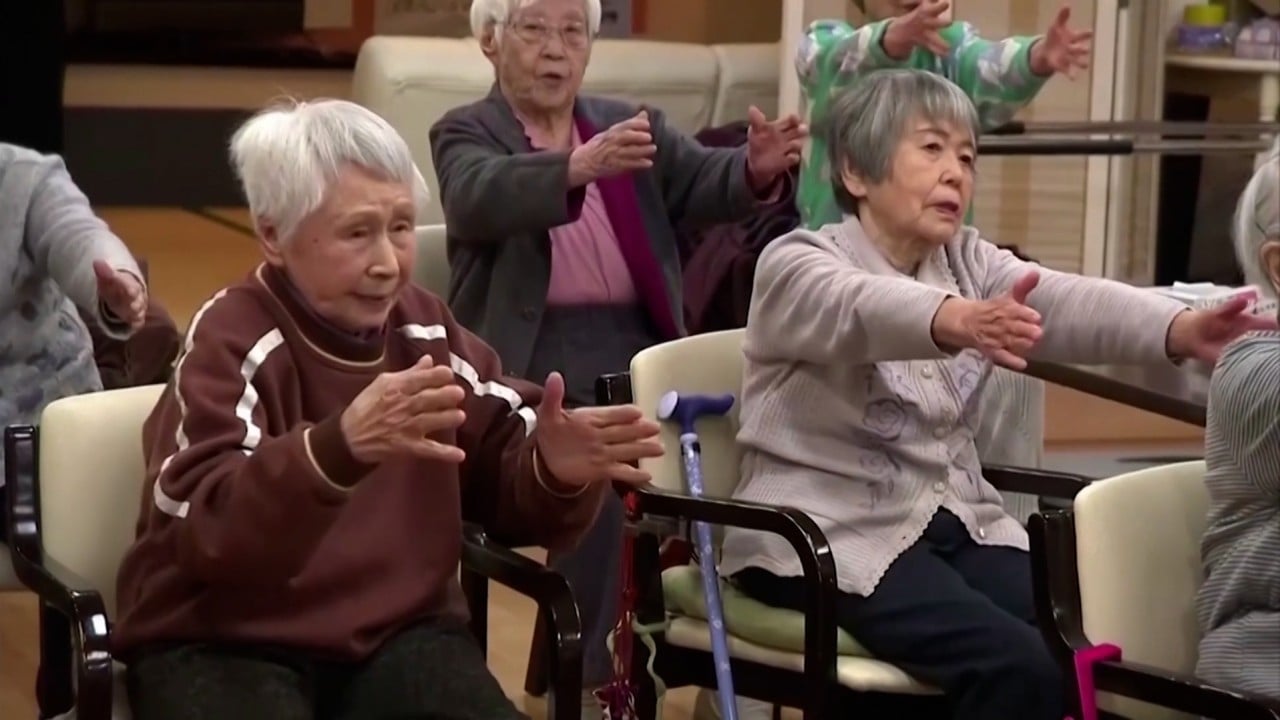But NAD therapy is no longer just for the rich and famous: China has become the world’s largest producer of the supplement, and large-scale production and the resulting price drops have made it popular with the masses.
David Sinclair, a star professor in the Department of Genetics at Harvard Medical School, is best known for his work uncovering longevity.
His laboratory was one of the first to identify the role of NAD biosynthesis in regulating lifespan.
Nicotinamide adenine dinucleotide (NAD) is a molecule essential for cellular metabolism, helping to convert food into energy and repair damaged DNA, but it declines with age.
In a paper published in Cell in 2013, Sinclair’s team reported that NMN, a precursor molecule of NAD, can be converted to NAD in the body. They found that feeding 22-month-old mice NMN for a week restored several health indicators, including muscle condition, to the levels of mice aged 6 months.
But over the years, Sinclair’s work has drawn much skepticism, with critics accusing him of exaggerating his research and promoting unproven products.
And in the latest development, in April he was forced to resign as president of the prestigious academy after promoting a drug that claimed to reverse ageing in dogs.
Just nine years ago, in 2015, the world’s first NMN consumer product was launched by a Japanese company and then began to make inroads in China through overseas purchases. At the time, a bottle containing 9,000 mg of NMN supplement cost more than 28,000 RMB (US$3,865).
Prices fell as a result of technological innovation and an increased supply of raw materials, and the product began to move from being exclusive to the wealthy to being widely used by the general public.
This was largely thanks to one man: Wang Jun. The day after Sinclair’s groundbreaking paper was published in 2013, Wang, the founder of Gene Harbor, saw the commercial potential of NMN and tasked his colleagues with researching its production.
Dr. Wang received his PhD in molecular biology from the University of Wisconsin-Madison and joined the faculty of the Chinese University of Hong Kong in 1992, where his main research areas were molecular biology, enzyme engineering, and biosynthesis. After leaving academia in 2004, Dr. Wang founded GeneHarbor.
More than a decade ago, the price of NMN raw material reached $2 million per kilogram. By using synthetic biology techniques to scale up production of the raw material, Wang’s company has been able to bring the price down to $3,000 per kilogram.
Then, in 2018, Gene Harbor began construction of a factory in Zhejiang Province in eastern China. The factory began operation two years later, with the capacity to produce 200 tons of NMN raw material per year, making Gene Harbor the world’s largest NMN producer.
This has caused prices to fall further, and they are now at several hundred dollars per kilogram.
“We are the first company in the world to really industrialize NMN,” Wang told the Post.
Sinclair’s research is used as scientific support on the company’s NMN product homepage.
“The discovery of the anti-aging effects of NAD+ and NMN is the world’s first rigorously scientifically validated scientific study with significant results,” it reads, with two images from Sinclair’s media coverage used as illustrations below the text.
This is very complicated, and more research is needed to determine how and when NAD+ precursors in the form of NMN and NR may be beneficial for humans.
Jonas Tryback, a scientist at the School of Health and Medical Sciences at the University of Copenhagen, said more research is needed on NMN.
“This is very complicated, and more research is needed to determine how and when NAD+ precursors in the form of NMN and NR may be beneficial to humans,” he said.
Nicotinamide riboside (NR) is similar to NMN, but must be converted to NMN via enzymes in the body before it can be converted to NAD+.
He noted that for NMN or NR to be beneficial, they would need to target cell types or tissues that show a consistent, detrimental decline in NAD+ levels with age, but there is little evidence of this in humans.
A literature review published last year by Jonas and his colleagues in the journal Science Advances noted that oral NR supplementation has shown few clinically relevant effects and that “the literature has an unfortunate tendency to exaggerate the importance and robustness of reported effects.”
“There are a lot of doubters in this field. [about Sinclair’s science]”It’s hard to explain how, over the course of a decade or so, the same lab can publish multiple pieces of data that cannot be reproduced by other labs,” one researcher told Boston Magazine in a 2019 interview.
In February, Animal Biosciences, another company he co-founded, reported that he said a supplement it developed reversed aging in dogs by boosting the production of NAD+, a claim that infuriated his colleagues.
The controversy led to a series of resignations from the Academy of Health and Longevity Research, a prestigious research institute founded by Sinclair, and prompted one scientist to label him a “quack drug peddler.”
Sinclair was forced to resign as president in April. The Washington Post reached out to him for a response to these allegations but did not receive a response.
These products are highly regulated in China and have not yet been approved by Chinese authorities, and customers can only purchase them through cross-border e-commerce platforms. In May last year, NMN’s food additive application was rejected by the China National Health Commission.
Wang expressed his displeasure with the restrictions.
He claims that NMN is an excellent anti-aging product because it is a molecule that is already present in the body and therefore safe, its mechanism has been elucidated through years of research, and it is becoming more affordable.
He said he recently met a friend who told him that hundreds of people he knew were taking NMN supplements, many of whom said the product had improved their sleep quality, cardiovascular and immune systems.
Many shoppers at China’s leading e-commerce platform JD noted similar improvements.
However, some are skeptical.
For example, one purchaser who had been using the product for two years commented in March that he wasn’t too skeptical because “there’s no harm in using it long-term anyway.”
“The psychological relief outweighs the practical benefits,” he says, but he hopes it will slow aging and regulate bodily functions.
Wang denied that the Sinclair controversy would affect the future prospects of NMN products, saying that because of NMN’s many benefits, its future applications will only expand, from healthcare products to cosmetics and medicines.
In an interview with mainland China magazine China Newsweek in 2020, Wang discussed the possibility of expanding again into an even larger NMN factory to increase production and further lower prices.
“NMN will probably cost as little as a cup of milk tea,” he said.



